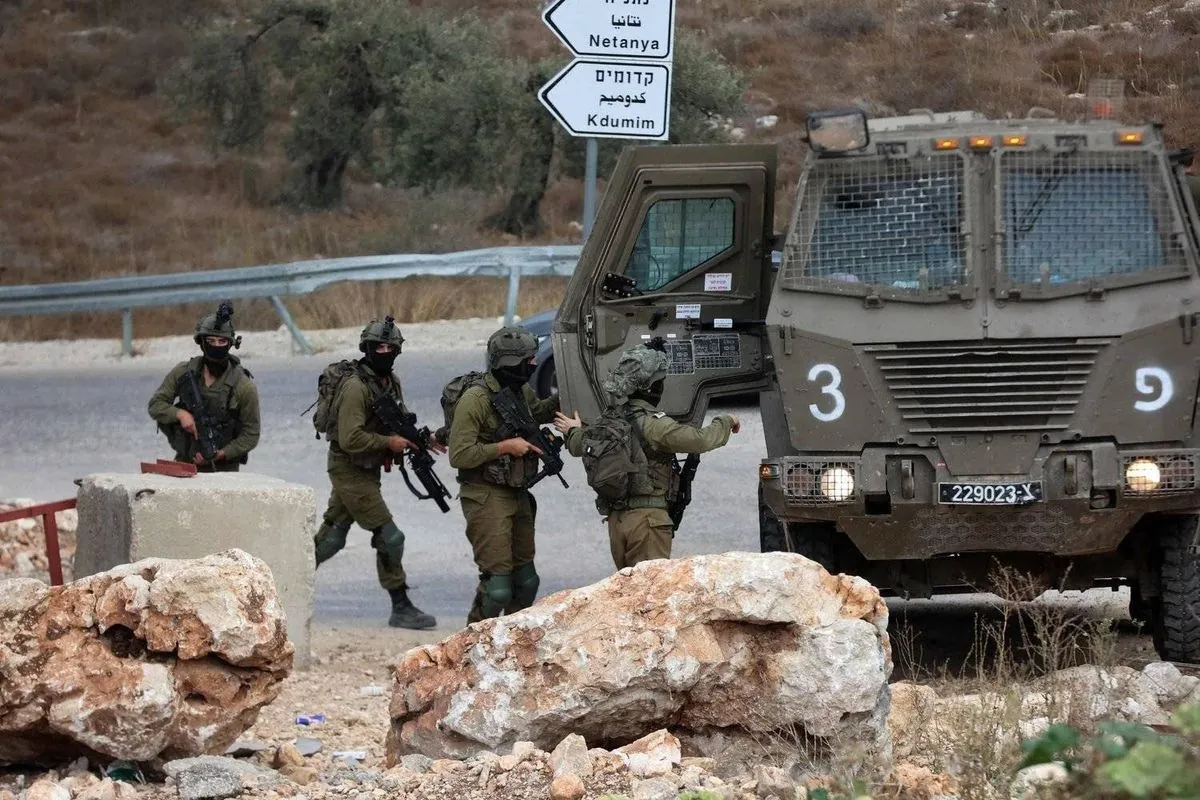U.S. Clears Israeli Military Unit for Aid Despite Rights Concerns
The U.S. State Department has determined that an Israeli military unit accused of mistreating Palestinians can continue receiving American aid after addressing rights violations, following a probe into a 2022 incident.

The U.S. State Department has concluded that the Israeli military unit Netzah Yehuda can continue receiving American security assistance, following a review of alleged human rights violations. This decision comes after a probe into the unit's conduct, particularly regarding a 2022 incident involving the death of a Palestinian-American.
The investigation centered on the death of Omar Assad, a 78-year-old Palestinian-American who died of a heart attack after being detained in the West Bank. Assad's body was discovered at a construction site with restraints still in place. The Israeli military acknowledged that soldiers had temporarily restrained Assad due to his non-compliance, despite his known heart condition.
In response to the incident, the Israeli military took disciplinary action, reprimanding the battalion commander and dismissing two officers. However, military prosecutors decided against criminal charges, citing a lack of direct connection between the soldiers' actions and Assad's death.

State Department spokesperson Matthew Miller announced that the department had determined that Netzah Yehuda had "effectively remediated" the violations within its ranks. This decision allows the unit to continue receiving U.S. military aid, in accordance with the Leahy Laws.
The Leahy Laws, authored by U.S. Senator Patrick Leahy in the late 1990s, prohibit U.S. military assistance to units involved in gross human rights violations without proper accountability. These laws have been a cornerstone of U.S. efforts to promote human rights in military cooperation.
Netzah Yehuda, established in 1999, was created to accommodate ultra-Orthodox Jews and religious nationalist recruits in the Israeli army. This unique unit reflects Israel's mandatory military service policy while respecting religious observances.
The State Department's decision has sparked varied reactions. Israeli leaders, including Prime Minister Benjamin Netanyahu, had previously expressed strong opposition to potential sanctions against the unit. Meanwhile, Palestinians have voiced skepticism about the effectiveness of U.S. actions in influencing military behavior in the occupied territories.
This development occurs against the backdrop of the complex Israeli-Palestinian conflict, which has persisted for decades. The West Bank, considered occupied territory by the international community, has been under Israeli control since the 1967 Six-Day War. The region has been a focal point of human rights concerns and diplomatic efforts to achieve a lasting peace agreement.
The U.S., as a long-standing ally of Israel and a significant provider of military aid, continues to navigate the delicate balance between supporting its strategic partner and addressing human rights concerns in the region. This decision reflects the ongoing challenges in reconciling these sometimes conflicting priorities in U.S. foreign policy.
"The IDF takes seriously any violations of human rights and has implemented measures to address and prevent such incidents. We remain committed to upholding the highest standards of conduct while ensuring Israel's security."
As the situation evolves, the international community will likely continue to scrutinize the actions of military units operating in the West Bank and their compliance with human rights standards. The U.S. State Department's decision underscores the complex interplay between diplomatic relations, military cooperation, and human rights considerations in this volatile region.


































